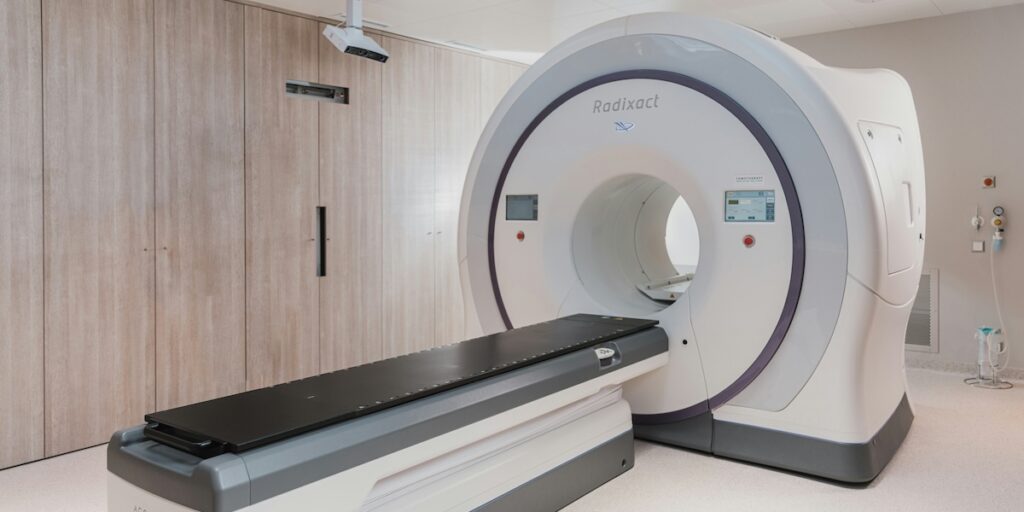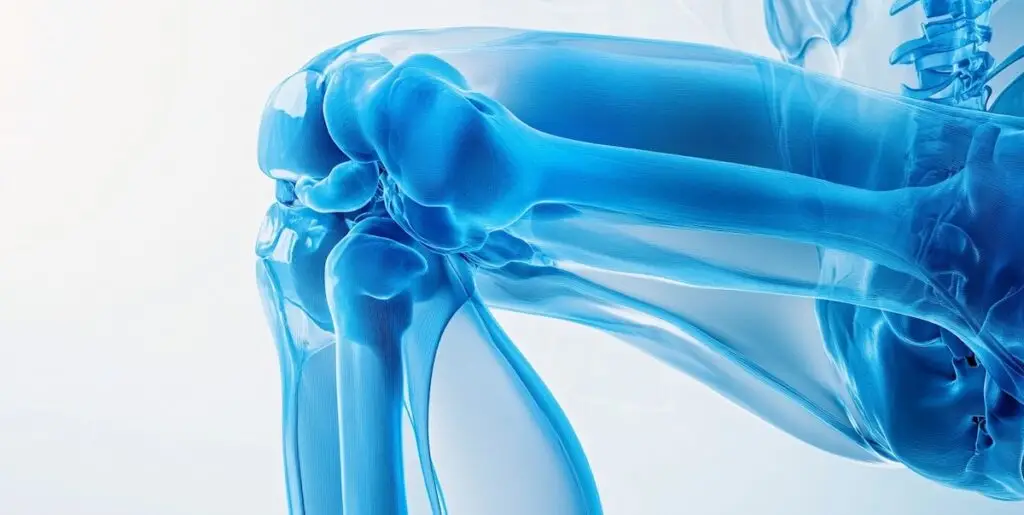Novel MRI Scoring System to Evaluate Patellofemoral Osteoarthritis

New MRI scoring system objectively quantifies patellofemoral arthritis severity. Improves surgical planning & research to optimize patient outcomes.
How Long Does MPFL Recovery Really Take? Timeline & Tips for Success

Wondering when you’ll recover from medial patellofemoral ligament (MPFL) reconstruction? This information will help you recover with minimal confusion or stress.
How to Tell If Your MPFL Reconstruction Failed

Recognizing the signs of a failed MPFL reconstruction early can help ensure the best outcome possible. Learn how to tell if your MPFL reconstruction failed.
High Variation in Pediatric MPFL Reconstruction: Insights from the JUPITER Study

JUPITER study finds pediatric MPFL reconstruction techniques vary widely, with differences in graft, fixation, and practices among experienced surgeons.
Lower Revision Rates After Patellofemoral Arthroplasty for High-Volume Surgeons

An NHS study found surgeons who do more than 5 patellofemoral replacements (PFJs) per year have better outcomes and lower complication rates than those who do less.
Is Robot-assisted MPFL Reconstruction Better than Freehand?

This study compared two groups of patients undergoing MPFL reconstruction for recurrent instability using robot-assisted and freehand surgery.
How 3D Imaging of the Patellofemoral Joint Improves Treatment Options

Computerized tomography (CT) provides a new, widely accessible path to improve patellofemoral surgical planning by creating 3D imaging of the patellofemoral joint.
Understanding Patellofemoral Instability & Cartilage Lesions

Recently, Dr. Andreas Gomoll (my husband) and I joined the Braun Performance & Rehab Podcast to discuss the patellofemoral instability and cartilage lesions.
